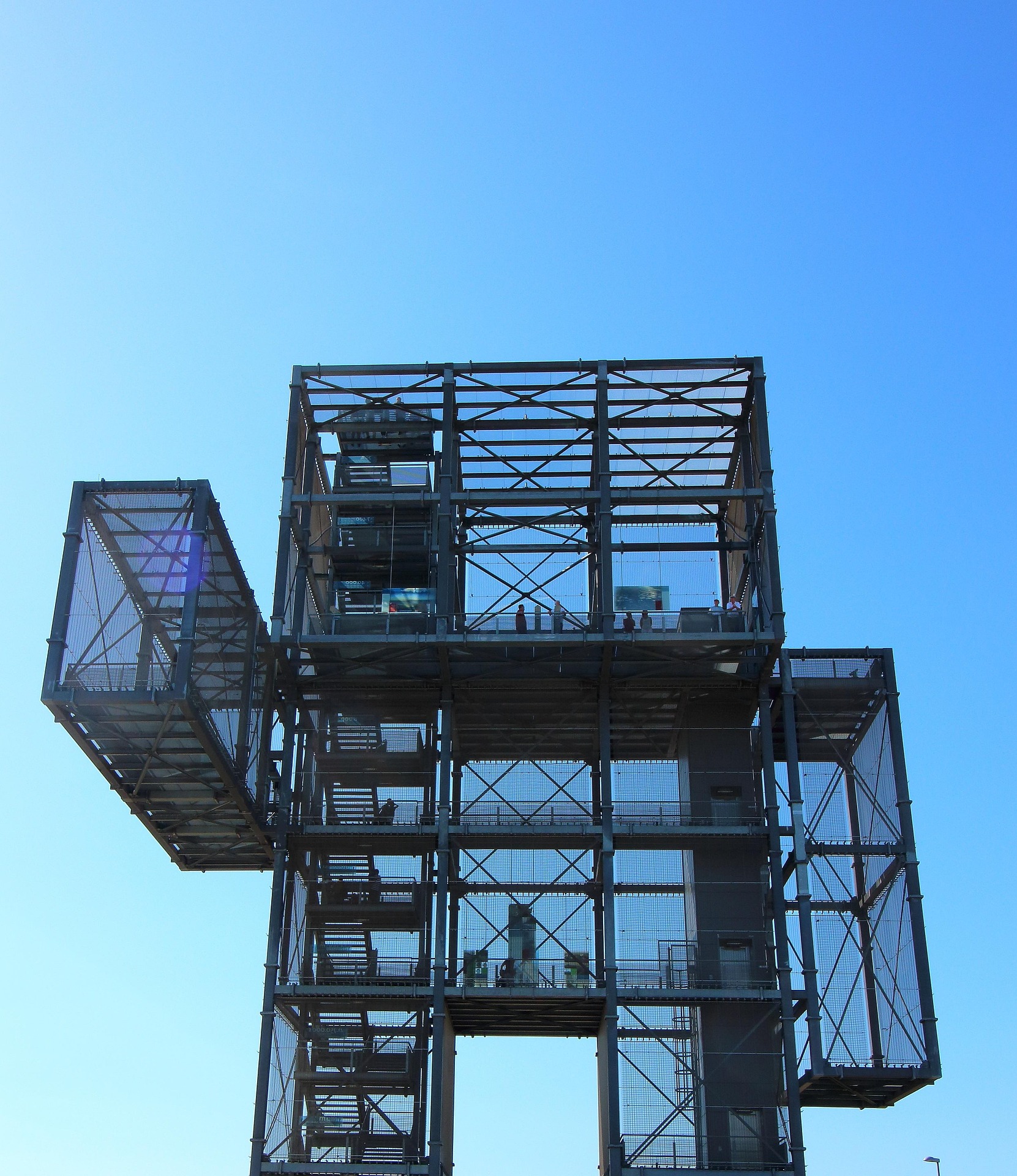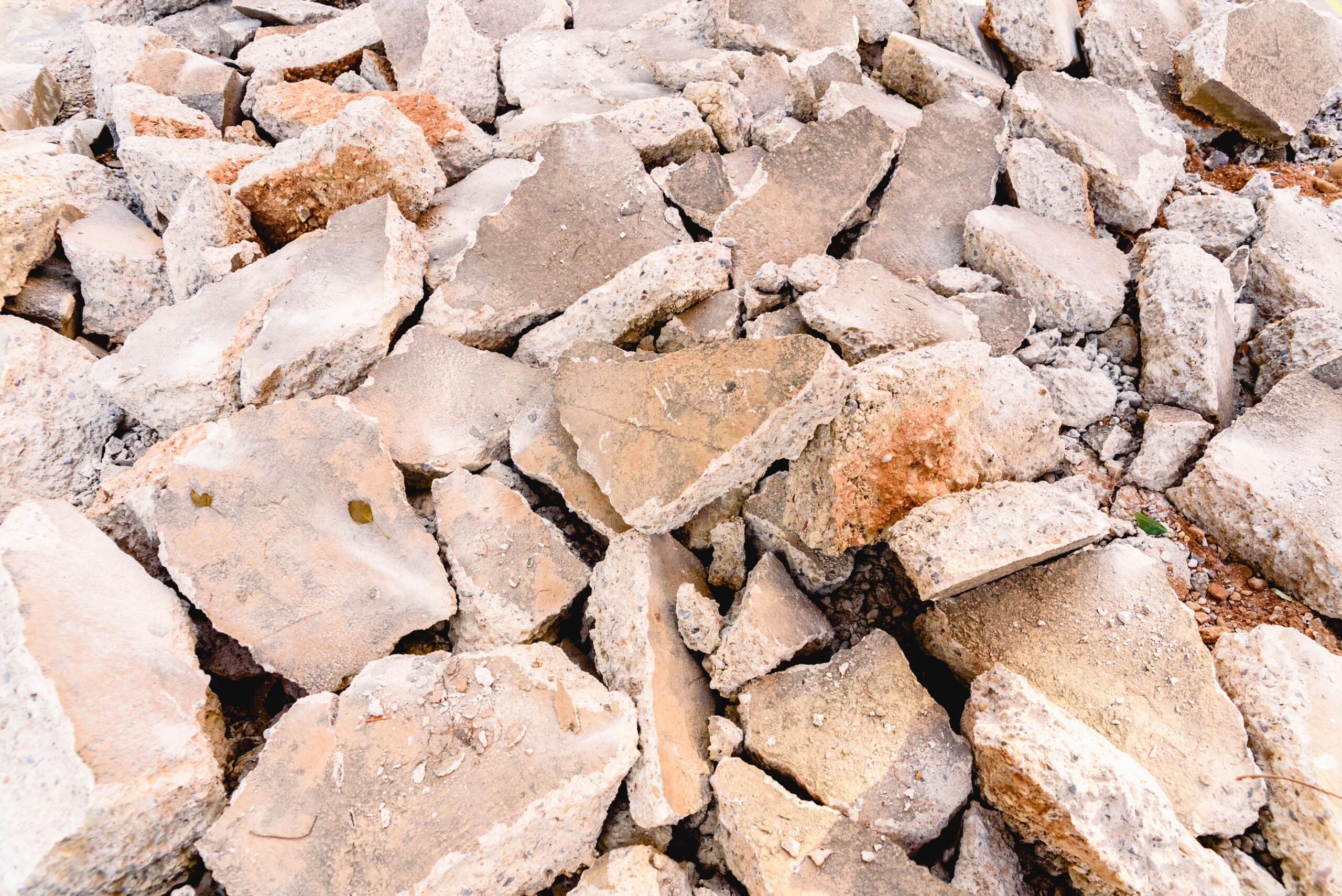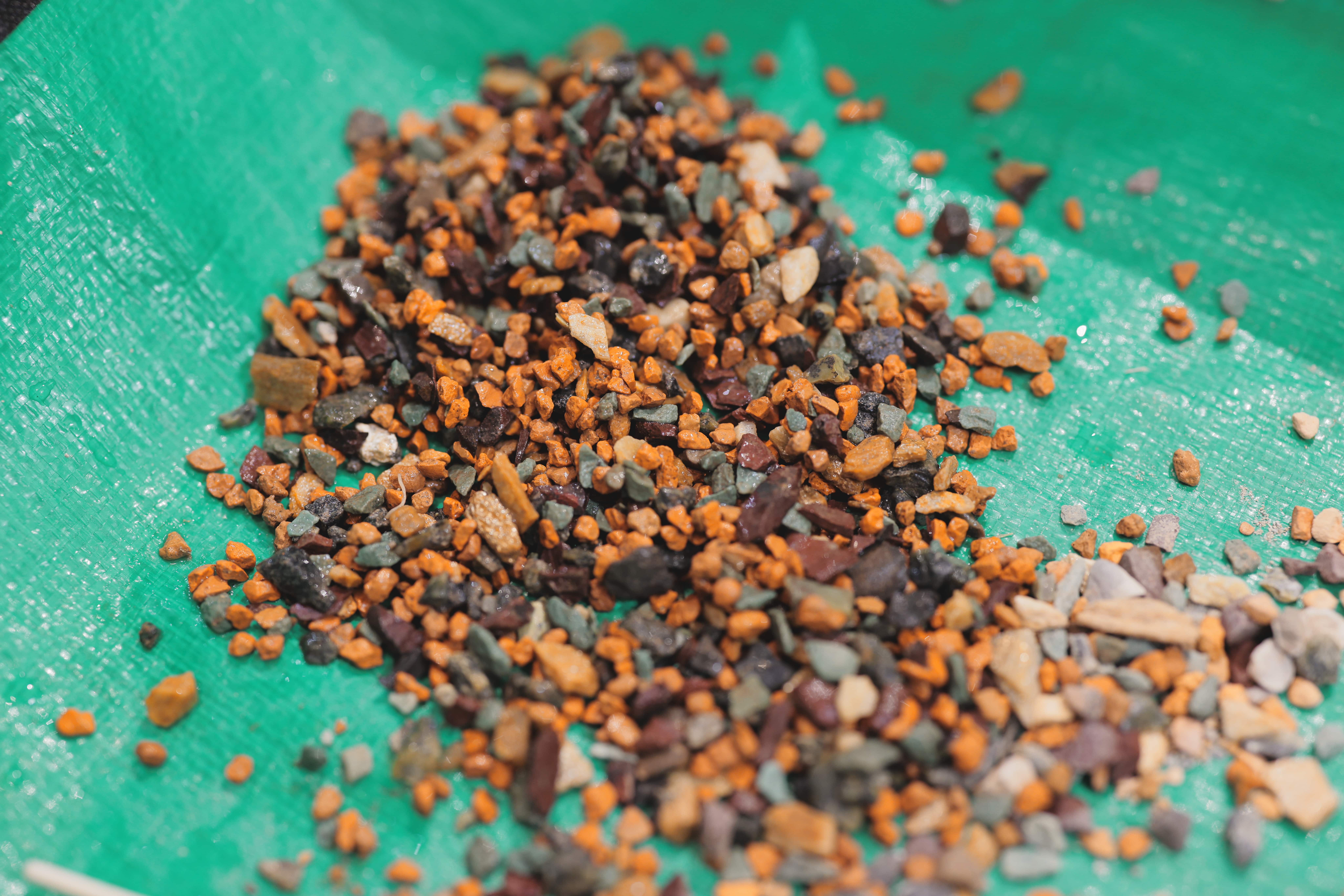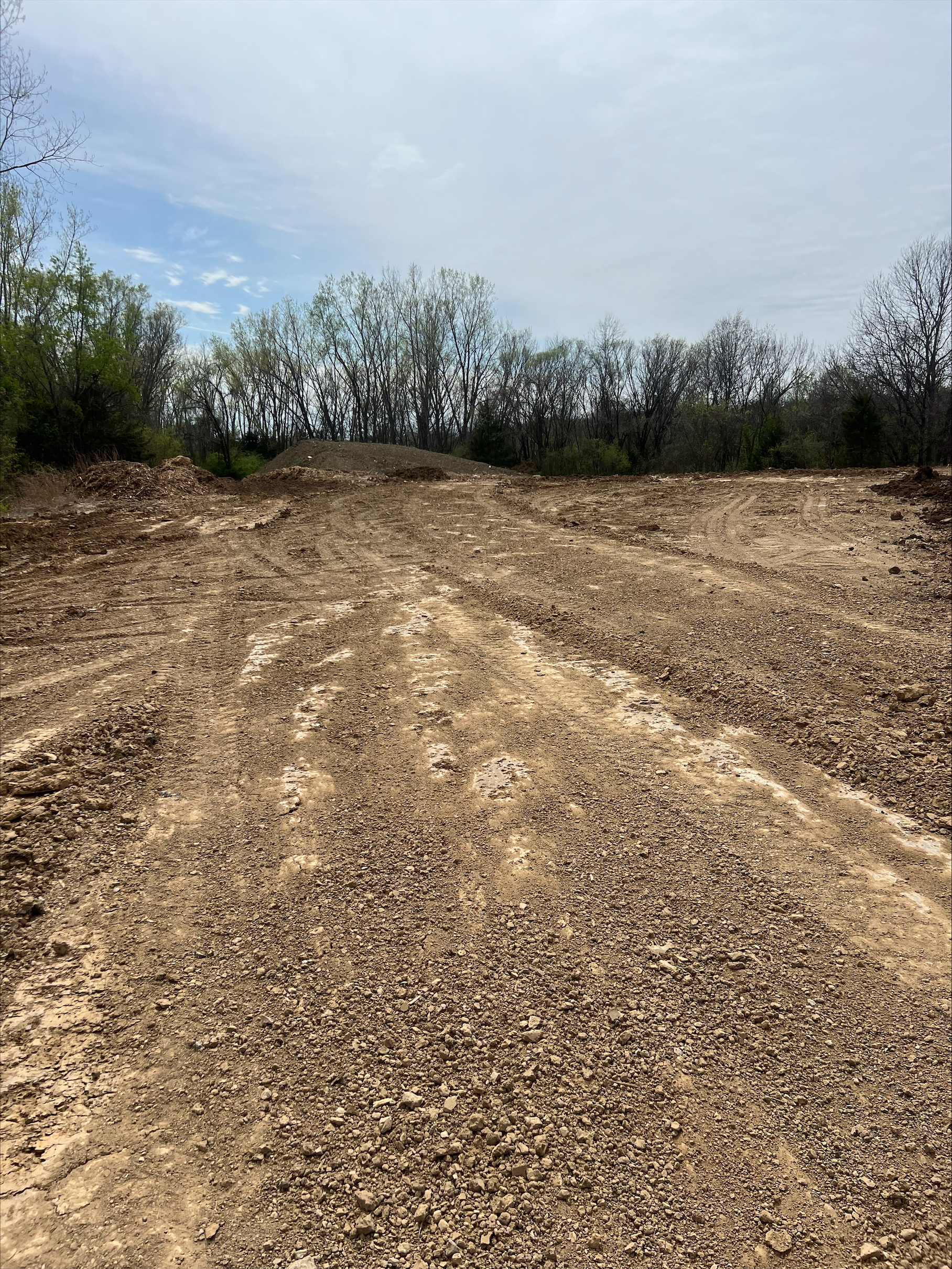How to Properly Inspect Select Fill for Your Construction Projects in Dallas-Fort Worth
Introduction
The success of any construction project in Dallas-Fort Worth (DFW) depends on a strong, stable foundation. That’s why Select Fill—a high-quality, compactable soil mix—is critical for roads, foundations, and infrastructure projects.
But not all Select Fill is created equal. Contractors and developers must inspect fill material to ensure it meets project specifications, compaction requirements, and drainage needs. This article will cover:
- Why Select Fill inspection matters in DFW.
- Key quality indicators to check before using Borrow Pit material.
- How to test for proper compaction, moisture content, and particle distribution.
1. Why Inspecting Select Fill is Critical for DFW Construction
A. Soil Variation Across the Metroplex
- DFW has a diverse range of soil types, from expansive clay to sandy loam.
- Properly sourced Select Fill ensures consistent compaction and drainage.
- Borrow Pit locations influence soil composition, making inspections essential before use.
B. Preventing Costly Construction Failures
- Poor-quality Select Fill can lead to foundation settling, erosion, and structural damage.
- Inspecting Borrow Pit material before delivery prevents expensive rework and project delays.
C. Meeting City & Engineering Standards
- Select Fill in Dallas-Fort Worth must comply with local regulations for load-bearing capacity and stability.
- Failing to use properly graded material can result in code violations and project setbacks.
2. Key Factors to Inspect in Select Fill
A. Particle Size & Composition
- Select Fill should be a well-graded mix of clay, sand, and gravel to provide proper compaction.
- Borrow Pit material should have minimal organic matter (roots, decomposing material) to ensure stability.
- Testing sieve analysis helps confirm proper particle distribution.
B. Moisture Content & Workability
- Too much moisture = difficult compaction and potential for shifting.
- Too little moisture = weak bonding and insufficient stability.
- The ideal moisture content depends on the specific project requirements but is typically around 10-20%.
C. Load-Bearing Capacity & Compaction Potential
- The Proctor Compaction Test determines the maximum density Select Fill can achieve under different moisture levels.
- Standard Proctor vs. Modified Proctor tests measure compaction based on light vs. heavy construction applications.
- Borrow Pit Select Fill should consistently pass compaction tests to be usable.
D. Plasticity Index (PI) Testing
- The Plasticity Index (PI) measures clay content and soil expansion potential.
- High PI = Expansive soil (bad for foundations).
- Low PI = Stable soil (ideal for Select Fill use).
- DFW construction projects require PI values in the optimal range to prevent cracking and shifting.
3. On-Site Testing Methods for Select Fill Quality
A. Visual Inspection & Field Tests
- Inspect material for consistency, color, and debris before accepting Borrow Pit deliveries.
- Field hand tests, such as the squeeze test, can indicate proper moisture levels.
- Well-compacted Select Fill should form a ball without excessive crumbling or sticking.
B. Proctor Compaction Test
- Determines optimal moisture content and maximum dry density.
- Ensures fill material meets compaction requirements for roadways, building pads, and retaining walls.
C. Gradation Testing
- Sieve analysis separates soil particles to confirm ideal grain distribution.
- Ensures proper load-bearing performance.
D. Atterberg Limits Test
- Determines how Select Fill reacts to moisture changes.
- Helps identify expansion risks in high-clay-content soils.
4. Sourcing High-Quality Select Fill from DFW Borrow Pits
A. Choosing a Reliable Borrow Pit Supplier
- Work with established Borrow Pits in Dallas-Fort Worth that provide tested and certified Select Fill.
- Request lab reports to verify material quality before purchase.
- Ensure consistent grading and moisture control in supplied material.
B. Inspecting Borrow Pit Stockpiles
- Visit Borrow Pit sites to see how material is processed and stored.
- Ensure fill material is free from excessive debris, roots, and contaminants.
C. Verifying Compliance with Local Standards
- Make sure your Select Fill supplier follows DFW municipal and TXDOT specifications.
- Review documentation on soil composition, compaction rates, and test results.
Conclusion
Inspecting Select Fill before use is essential for avoiding costly project failures, ensuring compliance, and achieving a stable foundation. By working with trusted Borrow Pits in Dallas-Fort Worth and using proper soil testing methods, contractors can guarantee high-performance Select Fill for long-lasting infrastructure.
For high-quality Select Fill in Dallas-Fort Worth, visit Borrow-Pit.com and find certified materials for your next project!




